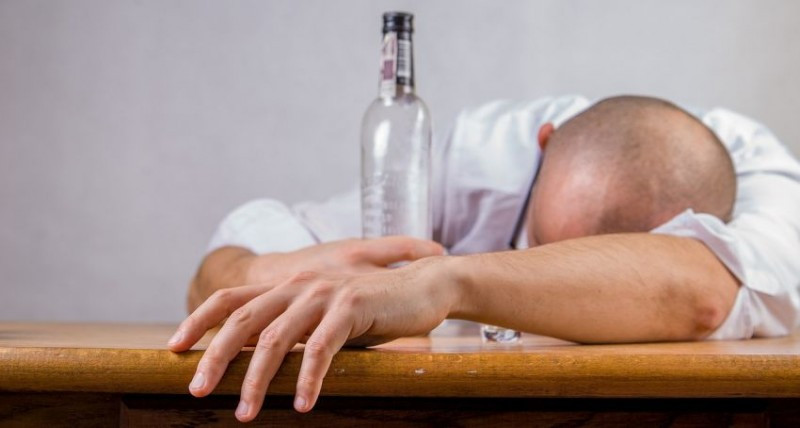April is Alcohol Awareness Month, making this week the perfect time to talk about a little known relationship: the relationship between vitamins and alcohol. It will come as news to no one that excessive drinking can have a negative impact on health. Excessive alcohol use is associated with a range of health problems, including:
- Chronic diseases of the liver and pancreas
- Cancers of the liver, mouth, throat, larynx, and esophagus
- High blood pressure
- Psychological disorders
- Unintentional injuries (from motor vehicle accidents to falls and drowning)
- Violence and abuse
- Among pregnant women, harm to a developing fetus
- Sudden infant death syndrome (SIDS)
- Alcohol use disorders
- 12 ounces of beer
- 8 ounces of malt liquor
- 5 ounces of wine
- 1.5 ounces of 80-proof liquor
How Can Vitamins Help With Alcohol Dependence?
If you or someone you know struggles with alcohol dependence, help is available by calling 1-800-662-HELP. In addition to seeking professional, managed care, talk to your provider about how the use of these (and other) vitamins and minerals may help get your body back on track…- B-Complex with Minerals: Some alcohol cravings are caused by a B-vitamin deficiency. Taking B-vitamin supplements may help suppress cravings. Additionally, it's important to take B vitamins if you drink, as alcohol depletes these resources in your body. Depletion of various B-vitamins is associated with symptoms such as anxiety, depression, fatigue, and chronic stress.
- L-Glutamine: Some studies have suggested that this amino acid can reduce cravings associated with alcohol withdrawal. This is especially important considering that many individuals struggling with alcohol addiction do not produce sufficient quantities of L-Glutamine.
- Milk Thistle: Milk thistle extract supports healthy liver function. The liver helps filter alcohol, limiting the amount that enters your blood stream. Excessive drinking can cause liver damage. Milk thistle may be able to help stimulate regeneration of these cells.

